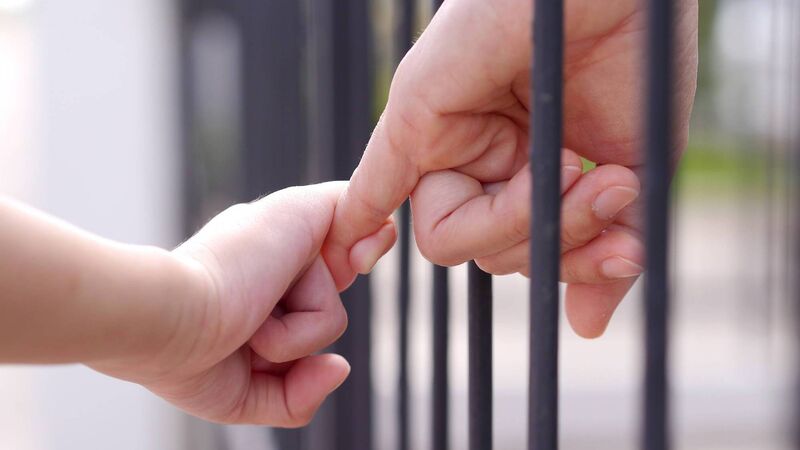Partners of prisoners should get similar social welfare assistance as other lone parents, says report

When a parent or partner goes to prison, family relationships are strained, mental health and wellbeing are negatively impacted, and the family often loses an essential income, the Irish Penal Reform Trust said. File photo: iStock/patanasak
Social welfare assistance for lone parents when the other parent is in prison should be similar to supports for bereaved families, according to a new report.
The report, , is calling for measures such as the revision of eligibility rules for the One Parent Family Payment, the updating of guidelines for the payment, as well as removing the six-month waiting period for it.











